In the minds of most children, dogs are warm furry cuddly companions who love to be hugged. However, this isn"t always the case. Different dogs have different temperaments, and all children need to learn how to treat dogs respectfully. This will help reduce the incidence of dog attacks on children, and allow them to live peacefully together.
The term "temperament" refers to a dog"s general attitude and outlook. Dog temperament not only varies between breeds, but between individuals within a breed. For example, working breeds are known to be active and may not like to sit still, whereas terriers can be tenacious and quite strong willed.
When choosing a dog, you do need to consider body size and grooming requirements. It is, however, equally as important to take into account a dog"s temperament. If you have older children, you may be happier with an active dog that will rough and tumble with them. Younger children may prefer a quieter dog. Some dogs are dominant, and less suited to families with younger children. Submissive puppies may be afraid of noisy children, and defend themselves with a nip.
Another important aspect of dog temperament is trainability. Intelligent dogs who are easy to train, and learn what"s expected of them quickly, are easier to teach to fit the family lifestyle. However, these dogs are often easily bored, and may be destructive if they don"t have enough mental stimulation.
It"s often easier to predict temperament with purebred dogs, as they tend to have a characteristic demeanor. Many breeders are now performing temperament testing to match each pup to the most suitable home. If you"re looking for a great dog for your kids, here are a few dog breeds to consider. These breeds are: American Cocker Spaniel, Golden Retriever, Labrador Retriever, Pug, Schnauzer. Although these dogs are usually wonderful children's companions - patient, playful, and gentle - individuals of these breeds can have genetic or social defects that can lead to aggression.
American Pit Bull terriers are often purported to be dangerous with children but in reality, pit-bull types often make the best children's companions. The bully breeds are sometimes called nanny dogs or nursemaid dogs because of their fondness for children. Like every breed, Labs, goldens, and the bully breeds all need proper socialization and training to grow up to be friendly around children.
After you"ve chosen a dog with a suitable temperament for your family, you need to teach your children how to behave around it.
Just like children, dogs don"t like to be disturbed when they are asleep. If a child takes a dog by surprise, then the dog may bite in fright. Teach your child not to disturb a sleeping dog.
Don"t let your child annoy your dog while it is eating. It may think your child is trying to take its food, and protect it aggressively. This can happen particularly if your dog is chewing on a bone. If your child is old enough, encourage them to take the dog to obedience training. This will help the dog see the child as above them in the pack, and it will become more respectful of your child.
Children also need to learn how to behave around unfamiliar dogs.
If your child wants to pat a strange dog, they must always ask the handler. Some dogs have a fearful or suspicious temperament, and may bite if approached.
Many youngsters are afraid of dogs, and for these children, the sight of a dog rushing at them is the stuff nightmares are made of. If a dog does rush at your child, teach them to stand very still, don"t scream and don"t look into the dog"s eyes. If the dog knocks them over, they need to roll into a little ball and be very still and quiet.
If you choose a dog with an appropriate temperament for your family, and demonstrate to your child that dogs need to be treated with care, they can live in harmony and share many happy times. Ultimately, a child cannot be the sole caretaker of a dog. In all likelihood your child will do little of the care taking. If your child chooses not to care for the dog despite endless promises, you will be the feeder, walker, cleaner, scooper, and love-giver for your pet. If you don't want to be that person, don't get a dog.

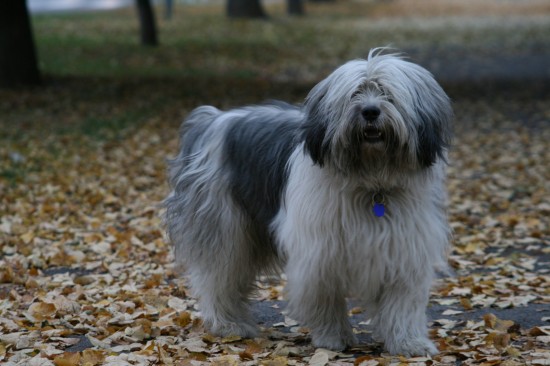 Owczarek Nizinny – The Friendly Polish Lowland Sheepdog
Owczarek Nizinny – The Friendly Polish Lowland Sheepdog
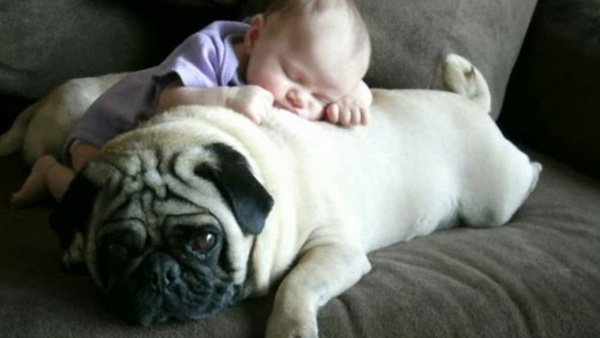 Choose the best horse accessories to enjoy the riding
Choose the best horse accessories to enjoy the riding
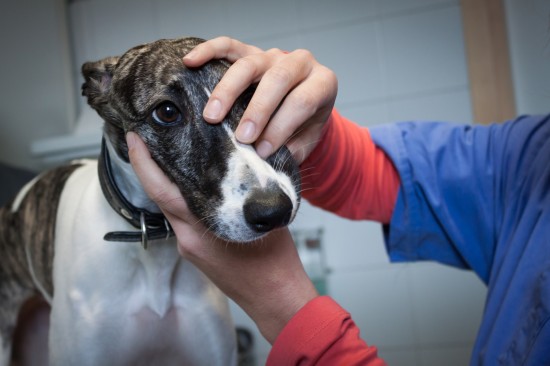 Lumps And Growths In The Mouth Of The Dog
Lumps And Growths In The Mouth Of The Dog
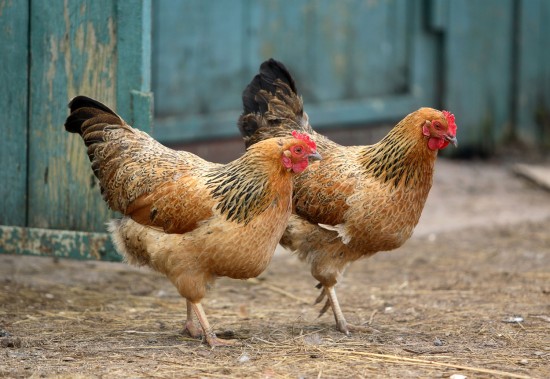 Chickens - How To Keep Bugs At Bay
Chickens - How To Keep Bugs At Bay
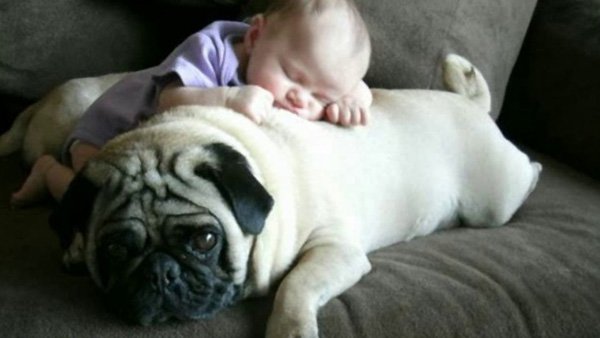 Choose ideal chicken houses and give your chicken the home it needs
Choose ideal chicken houses and give your chicken the home it needs
 What To Do If You Suspect A Dog Is Being Mistreated
What To Do If You Suspect A Dog Is Being Mistreated
 Thinking Of Owning A Devon Rex Cat?
Thinking Of Ownin
Thinking Of Owning A Devon Rex Cat?
Thinking Of Ownin
 Try Treibball With Your Dog - The Newest Canine Sport!
Try Treibball Wit
Try Treibball With Your Dog - The Newest Canine Sport!
Try Treibball Wit
 Most Intelligent Species Of Birds
Most Intelligent
Most Intelligent Species Of Birds
Most Intelligent
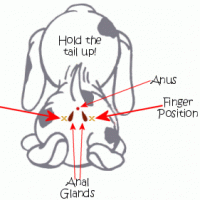 The Importance Of Anal Gland Expression
Not everyone knows how to express dog glands, or the imp
The Importance Of Anal Gland Expression
Not everyone knows how to express dog glands, or the imp
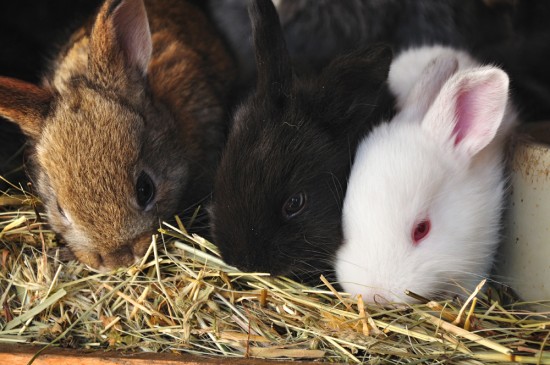 How To Keep Rabbits Warm In Winter & Cool During The Summer
How To Keep Rabbi
How To Keep Rabbits Warm In Winter & Cool During The Summer
How To Keep Rabbi